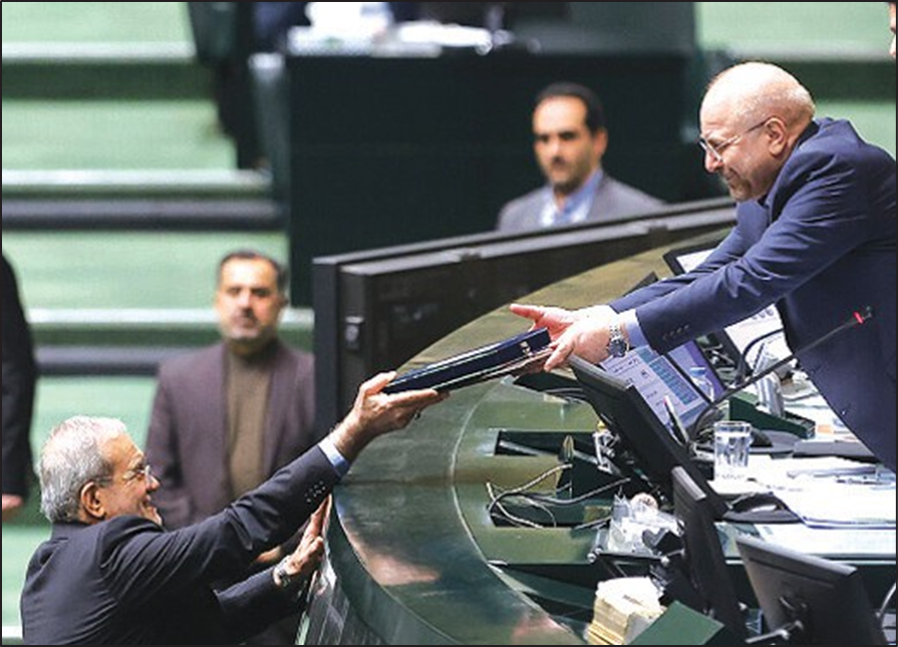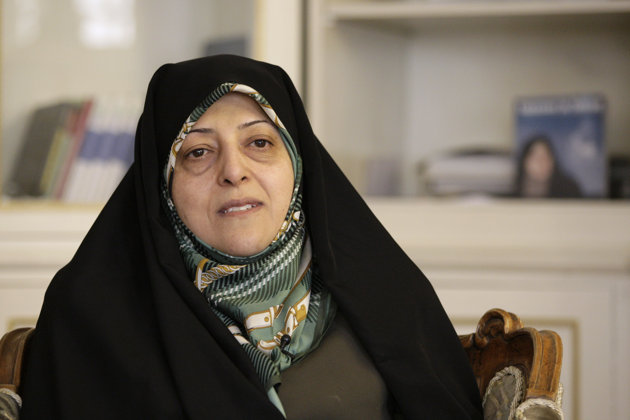September 13-2013
by Warren L. Nelson
The world is all atwitter about some tweets fromTehran. President Rohani and Foreign Minister Moham-mad-Javad Zarif both tweeted New Year’s greetings to Jews last week, which was widely taken as a huge shift in policy by the Islamic Republic.
Actually, it was no shift at all. But to a world that widely believes the Islamic Republic is a hotbed of anti-Semitism, the New Year greeting seemed startling and was believed to represent a huge change in national policy.
But Judaism is recognized in Iran’s Constitution, along with Christianity and Zoroastrianism, as faiths respected by the state. The Constitution also reserves seats in the Majlis for members of those three faiths.
But the state’s strong strain of anti-Zionism is often confused in the West for anti-Semitism. And, while not endorsed by the regime, there is an undercurrent of anti-Semitism among many hardliners who themselves are unable to distinguish between anti-Zionism and anti-Semitism.
In fact, a fear of offending Iran’s anti-Semites may have been what prompted one aide working for Rohani to deny that Rohani had sent any New Year greetings.
There was also some concern in Iran with the mere fact that state officials were using Twitter, one of the many social media that are banned in Iran.
But the Rohani Administration soon smashed that ban. This week every one of Rohani’s 15 cabinet ministers opened Facebook accounts in what was a mass challenge to state fear of social media.
There was no advance word. The cabinet members just suddenly all popped up on Facebook.
Prosecutor General Gholam-Hossain Mohseni-Ejai was taken aback by this group flouting of state standards. Questioned about it Tuesday at his weekly news conference, Ejai said, “If the criminal content that has been put on Facebook is removed, it will be possible to unblock it. Otherwise nothing will happen,” the Young Journalists Club reported him as saying.
What Ejai considers to be “criminal content” cannot be removed from Facebook.
The tweets started last Wednesday when Rohani sent a message saying: “As the sun is about to set here in #Tehran I wish all Jews, especially Iranian Jews, a blessed Rosh Hashanah.” It was accompanied by a photo of a Jew praying at a Tehran synagogue.
A short while later, Zarif sent a short “Happy Rosh Hashanah.”
The point appeared to be to make clear to the world that the new regime was not in any way anti-Semitic.
Soon, Zarif’s message received a reply from sfpelosi, who happens to be the daughter of US House Democratic Leader Nancy Pelosi. The younger Pelosi said, “Thanks. The New Year would be even sweeter if you would end Iran’s Holocaust denial.”
That was a slow ball pitch to Zarif, who responded: “Iran never denied it. The man who was perceived to be denying it is now gone. Happy New Year.”
The Pelosi tweet could have been lofted by Zarif himself, because it gave him just the platform he needed to make a clear distinction between the old administration and the new administration.
CNN’s Christiane Aman-pour checked with Zarif by email and confirmed the exchange was real.
An aide to Rohani, Moham-mad-Reza Sadeq, however, denied the president had sent the New Year message. He said Rohani had no Twitter account, while acknowledging that supporters of Rohani had set up an account for the election campaign.
However, journalist Robin Wright said Rohani long ago identified the account carrying the New Year greeting as one of two accounts being used by the president’s office.
Rohani himself has said nothing in the past week about the New Year tweet.
In a later interview with the Iranian website Tasnim, Zarif said, “Zionists are a minority within Judaism. They are exploiting the suffering of the Jews to justify their crimes against the Palestinians. We won’t allow them to propagate that Iran hates the Jews and that it’s a country that wants war.”
Zarif thus deftly accepted the Holocaust as a fact while continuing to use it to flay Israel.
In Tel Aviv, Israeli Prime Minister Binyamin Netanyahu issued a statement saying he was “not impressed” by the tweets and the Iranian regime “will be judged only by its actions and not by greetings” whose purpose, he said, was to deflect attention from Iran’s nuclear program.

















